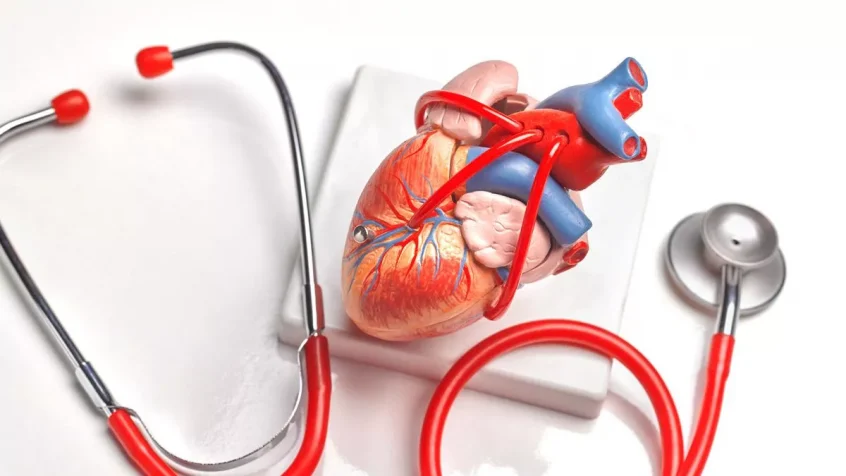We’ve always thought angina heart pain was due to blockage of the coronary arteries, but new research suggests we’ve been barking up the wrong tree.
It seems angina is down to disease in the small blood vessels supplying the heart muscle and that’s what we should be testing for and treating. The coronary arteries are quite big, about the size of a small drinking straw. They branch into small blood vessels which join up with those from other coronary arteries so that the heart muscle is covered in a network of these small vessels.
Patients referred to hospital by their GP for assessment of chest pain were invited into the study if a heart scan had ruled out blocked coronary arteries. The study was carried out by heart specialists from the University of Glasgow and took place in three NHS Scotland hospitals – the Golden Jubilee University National Hospital in Clydebank, Glasgow Royal Infirmary and Forth Valley Royal Hospital in Larbert, Falkirk.
The trial showed the common underlying cause of chest pain in angina sufferers was indeed down to poor blood supply to the heart muscle (myocardial ischemia) but NOT due to obstructed coronary arteries (INOCA), which were clear on a standard CT heart scan. So was the problem with the small blood vessels?
The answer came using the tests where INOCA was four times more likely, while “normal” results were less likely to pick up small vessel disease. One of the trial’s leads, Professor Colin Berry, consultant cardiologist at the University of Glasgow, said: “In patients experiencing angina, it is not known whether INOCA is a common cause and, in addition, if it is diagnosed, the treatment of INOCA is also uncertain.
“We assessed whether the addition of tests of small vessel function might change the diagnosis based on the CT scan and, if so, would changes in treatment lead to improvements of symptoms, health-related quality of life, satisfaction with care and onward referrals for medical care. The answer was a resounding yes.
“In terms of clinical implications, the trial results show use of these tests will help answer what patients regularly ask: ‘What is the cause of my chest pain?’. “We found that this approach led to improvements in treatment satisfaction, reduced unnecessary referrals for extra tests, and helped to improve control of blood pressure.”
Professor Berry believes more research is needed to develop new medicines for small vessel disease in the heart.

